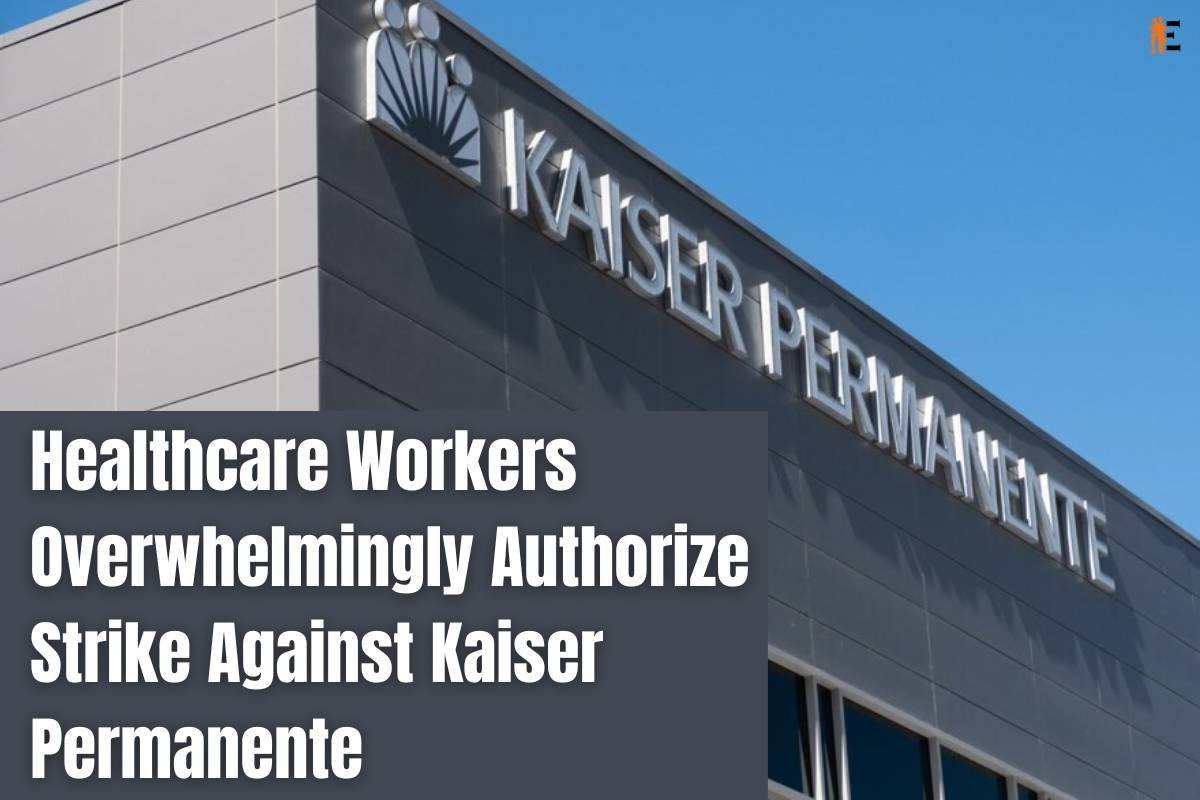More than 60,000 healthcare workers, members of SEIU-United Healthcare Workers West, have voted decisively in favor of authorizing a strike against Kaiser Permanente if their concerns are not adequately addressed in the ongoing contract negotiations. The vote, which saw an overwhelming 98% in favor of the strike, comes amid mounting complaints regarding stagnant pay, inflation-related concerns, and severe understaffing issues resulting in prolonged wait times and suboptimal patient care.
Sending a Powerful Message
The healthcare professionals represented by this California-based union, which boasts over 57,000 members, include a diverse range of roles such as medical assistants, surgical technicians, and social workers. Their overwhelming support for strike action sends a powerful message regarding the gravity of their concerns.
In a show of solidarity, healthcare workers in Oregon and Washington state, totaling 4,000, also voted to authorize strikes against Kaiser Permanente. A similar vote involving 3,000 healthcare workers in Colorado took place last week. These groups are all part of the Coalition of Kaiser Permanente Unions, a collective representing 85,000 healthcare workers nationwide. The coalition’s announcement of potential strikes, if they materialize, would mark the largest strike action by healthcare workers in U.S. history.
Kaiser Permanente Negotiations
Kaiser Permanente, one of the nation’s largest nonprofit health plans, serving nearly 13 million members across eight states and Washington, D.C., has been engaged in contract negotiations with the coalition since April. Their previous contract was established in 2019, prior to the onset of the COVID-19 pandemic, which significantly strained the healthcare system.
The final national bargaining session is scheduled for September 21-22, and the clock is ticking for Kaiser Permanente to address the concerns raised by the healthcare workers. Dave Regan, president of SEIU-United Healthcare Workers West, expressed dissatisfaction with Kaiser’s negotiation efforts, claiming that their proposals would exacerbate staffing issues. He stated, “Nearly 60,000 frontline workers at Kaiser facilities have overwhelmingly voted to authorize a strike because we will simply not stand by as Kaiser violates the law and puts patients at risk.”
Kaiser Permanente, however, has pushed back against the strike threats and the unions’ claims. In a statement, the organization labeled the claims as misleading and urged its employees to resist the call for an actual strike. Kaiser reassured the public that it has a comprehensive plan in place to ensure continuous access to healthcare services should a strike occur.
Late last month, Kaiser Permanente expressed disappointment in the strike threats and dismissed the union’s allegations of bad faith negotiations as “unfounded and counterproductive.”
Summing Up
As the contract negotiation deadline of September 30 approaches, tensions are high between the healthcare workers and Kaiser Permanente. The fate of their contract, and the potential for a massive strike, hang in the balance, with both parties hoping for a resolution that addresses the critical issues facing healthcare professionals and patients alike.











